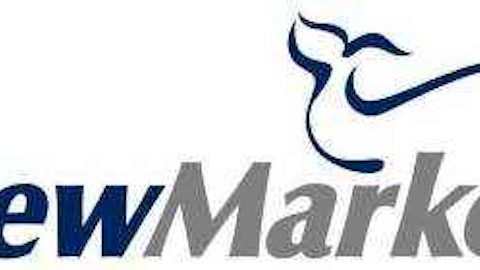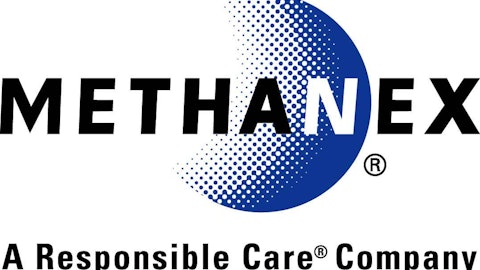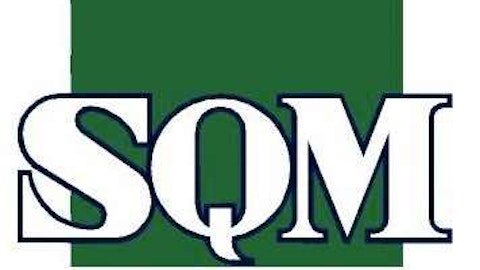Positive points:
1). Rockwood’s raw-material costs are mostly inorganic, with limited exposure to oil and natural gas prices. The firm also has low raw-material concentration, with no single input representing more than 3% of cost of goods sold in 2010.
2). The company has wide geographic, customer, and end-market bases. End markets for the firm’s products run the gamut, from construction to life sciences.
3). The company’s advanced ceramics are hard, noncorrosive, and heat-resistant, making the products ideal for complex electrical systems in the automotive and aerospace industries.
4). Rockwood’s titanium dioxide segment focuses on anatase products, which are sold to specialty customers in the synthetic fiber, food, and pharmaceutical industries. Many of Rockwood’s competitors focus on more commodity like rutile titanium dioxide.
Negative Points:
1). Significant market penetration of hybrid vehicles is still years away. Moreover, alternatives to lithium ion battery technology could be discovered by the time meaningful penetration occurs.
2). Many of Rockwood’s products are tied to the fortunes of highly cyclical industries. For example, sales suffered in 2009 with weakness in the automotive and construction industries.
3). As lithium demand grows, competitors will seek out new sources of lithium. Capacity additions bring the threat of oversupply.
Conclusion
Rockwood carries a significant amount of long-term debt. The cyclical nature of its cash flows could cause the firm to break its financial covenants or lead to an inability to pay debt obligations. Rockwood’s results depend on the health of its end markets. Downturns in the industrial and consumer sectors damage the company’s cash flows. Rockwood operates in 23 countries and is exposed to currency fluctuations that affect financial results and thus its covenant measures. The company also is exposed to raw-material and energy cost fluctuations. Finally, the chemical industry is highly competitive, and barriers to entry are low for some of the firm’s businesses.
Ahsan Aslam Khan has no position in any stocks mentioned. The Motley Fool recommends Sociedad Quimica y Minera (ADR). The Motley Fool owns shares of Rockwood Holdings.
The article Will Selling its Ceramics Business Save Rockwood’s Lithium Business? originally appeared on Fool.com and is written by Ahsan Aslam Khan.
Ahsan is a member of The Motley Fool Blog Network — entries represent the personal opinion of the blogger and are not formally edited.
Copyright © 1995 – 2013 The Motley Fool, LLC. All rights reserved. The Motley Fool has a disclosure policy.




